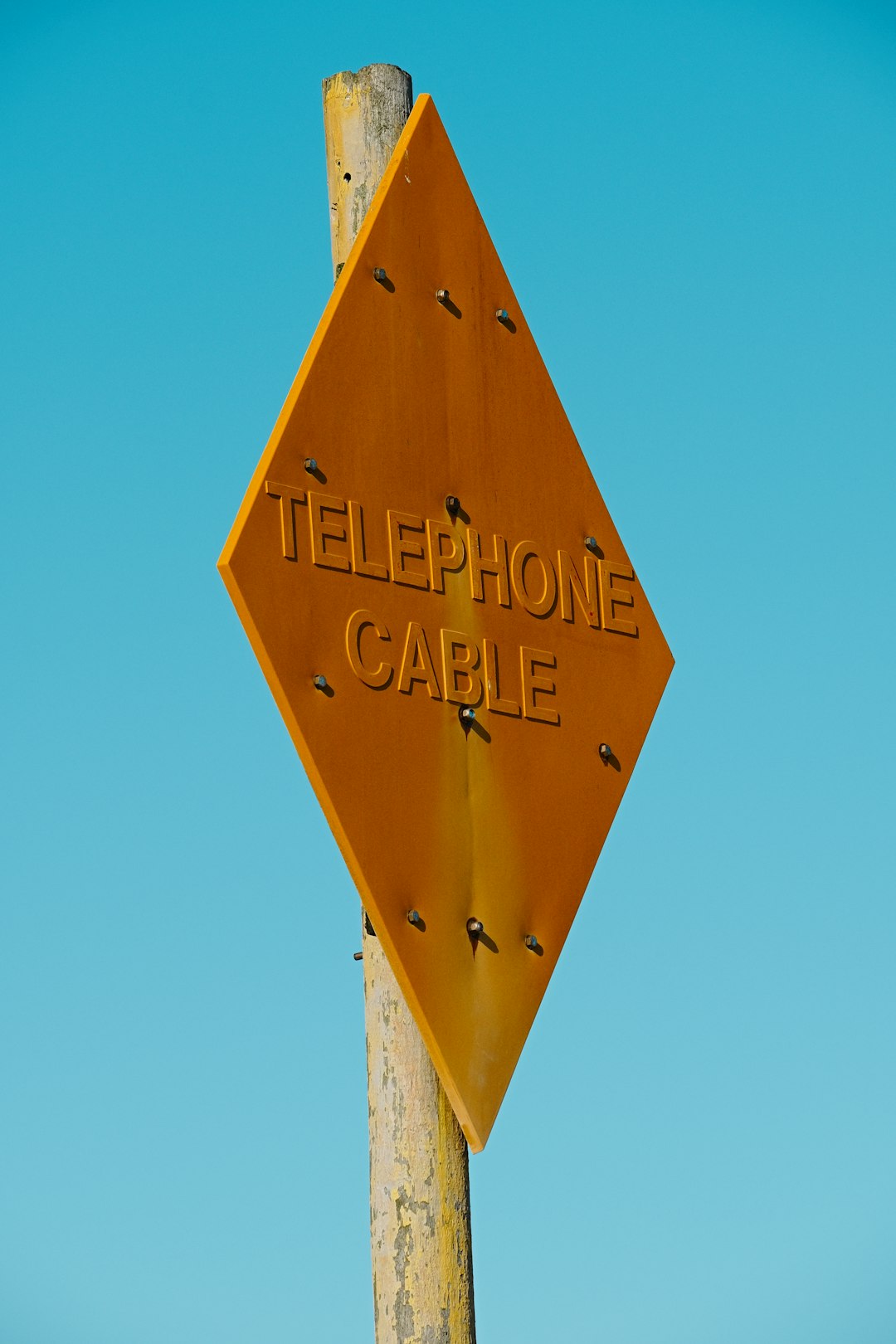In Colorado, strict anti-spam laws protect residents from unsolicited text messages for marketing or promotional purposes. Non-residents targeting Coloradans must adhere to these regulations, facing legal action and penalties. Victims of spam texts can take legal action, establishing jurisdiction and demonstrating harm to pursue cases. A comprehensive approach involving documentation, carrier contact, and FTC reporting helps mitigate unwanted spam texts in Colorado.
Are you tired of receiving unsolicited spam texts? In Colorado, understanding your rights under anti-spam laws is crucial. This article guides you through the intricacies of filing a spam text case, even if you’re not a resident of Colorado. We explore who can take legal action, the concept of legal jurisdiction, and the essential steps to follow if you’ve been a victim. Learn how to protect yourself and your privacy in relation to spam texts in the state of Colorado.
Understanding Spam Text Laws in Colorado

In Colorado, just like many other states, there are strict laws in place to combat spam text messages, often referred to as unsolicited or junk texts. These laws protect residents from receiving unwanted text messages for marketing or promotional purposes. Understanding these regulations is crucial for businesses and individuals alike to avoid legal repercussions.
Colorado’s anti-spam legislation is designed to give consumers control over their communication preferences. It restricts the sending of spam texts unless the recipient has provided explicit consent. Non-residents should be aware that even if they’re not based in Colorado, if their messages are targeted at residents there, they must adhere to these regulations. Failure to do so can result in legal action and financial penalties for non-compliance with Spam Text Colorado laws.
Who Can File a Spam Text Case?

In Colorado, individuals who are victims of spam text messages have legal recourse. The key question then becomes: who can file a spam text Colorado case? Generally, anyone who receives unsolicited text messages from unknown or anonymous senders can take action. This includes both residents and non-residents of the state. Non-resident plaintiffs may have an advantage in these cases as they are often not bound by the same restrictions that apply to local residents when pursuing legal action.
However, for non-residents to succeed in a spam text Colorado case, they must be able to demonstrate jurisdiction and standing. This means proving that the defendant, or the party sending the spam texts, has some connection to Colorado, such as intentionally targeting residents or conducting business within the state. Furthermore, the plaintiff needs to show that they suffered actual harm or incurred costs due to the unsolicited text messages.
Non-Residents and Legal Jurisdiction

In the context of spam text Colorado, understanding legal jurisdiction is crucial, especially when considering non-residents filing cases. While the state of Colorado may have laws against spam text messaging, the legal system follows specific rules regarding who can file a case and where. Non-residents, or individuals not physically present in Colorado, can still pursue legal action for spam text messages they received while in the state, as long as certain conditions are met.
The key factor lies in establishing legal jurisdiction, which determines where a case can be filed. In this regard, if a non-resident can prove that the spam text caused them harm or had a significant impact on their activities within Colorado, they may have grounds to take legal action in a Colorado court. This could involve demonstrating intent to target residents or evidence of repeated messages directed at individuals within the state, thereby creating a connection strong enough to justify jurisdiction.
Steps to Take If You've Received Spam Texts in Colorado

If you’re a resident of Colorado and have received unwanted spam texts, there are several steps you can take to address the issue. Firstly, document the messages by saving them along with any relevant metadata, such as timestamps and phone numbers. This evidence will be crucial if you decide to take legal action.
Next, contact your mobile carrier immediately. Most carriers have policies in place to handle spam texts and may be able to block future messages from the same sender. You can also report the spam to the Federal Trade Commission (FTC) using their online complaint form. In Colorado, local authorities or law enforcement agencies may not actively pursue non-residents for filing spam text cases, but reporting it to the FTC helps contribute to nationwide efforts to combat this nuisance.






